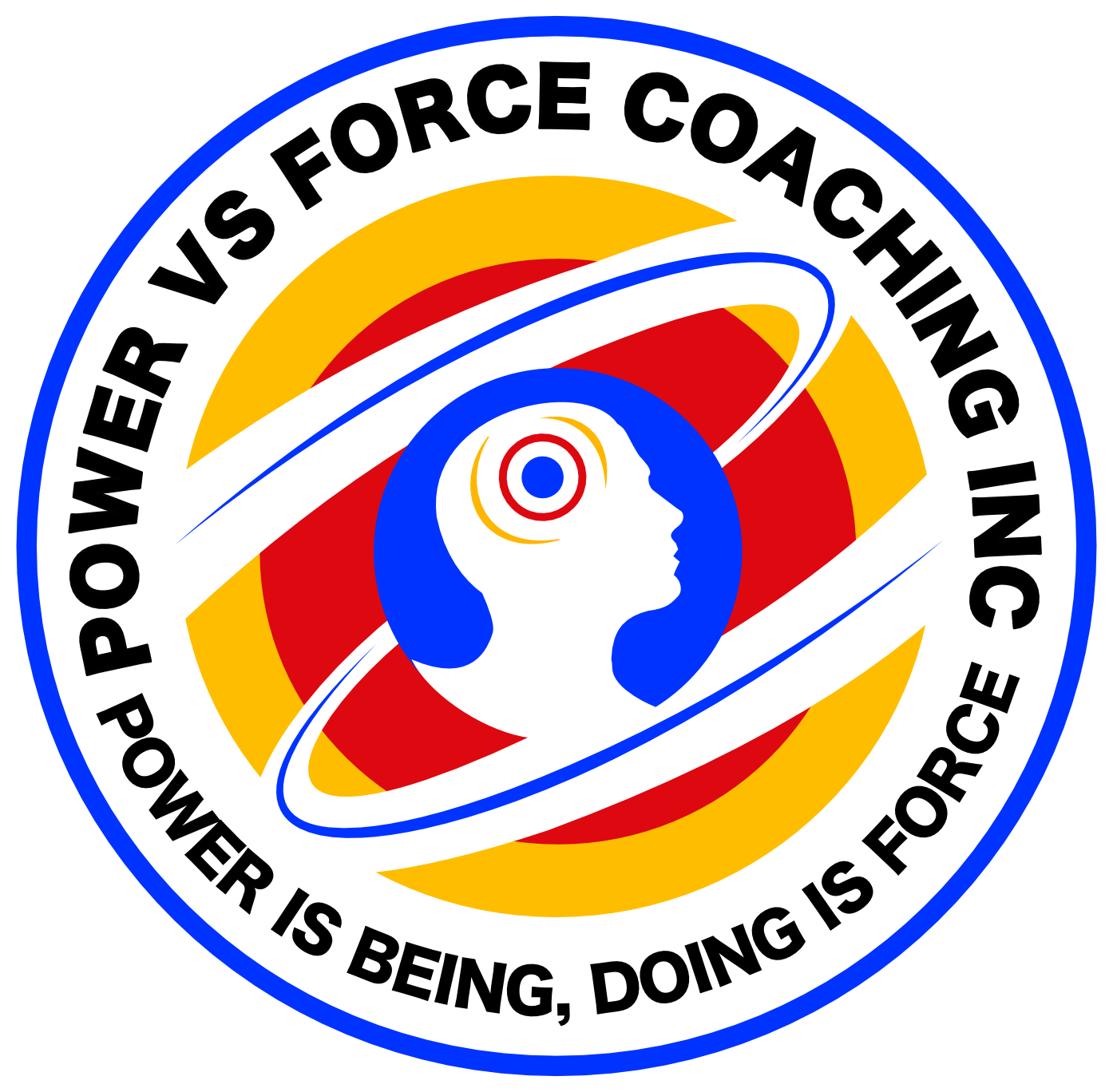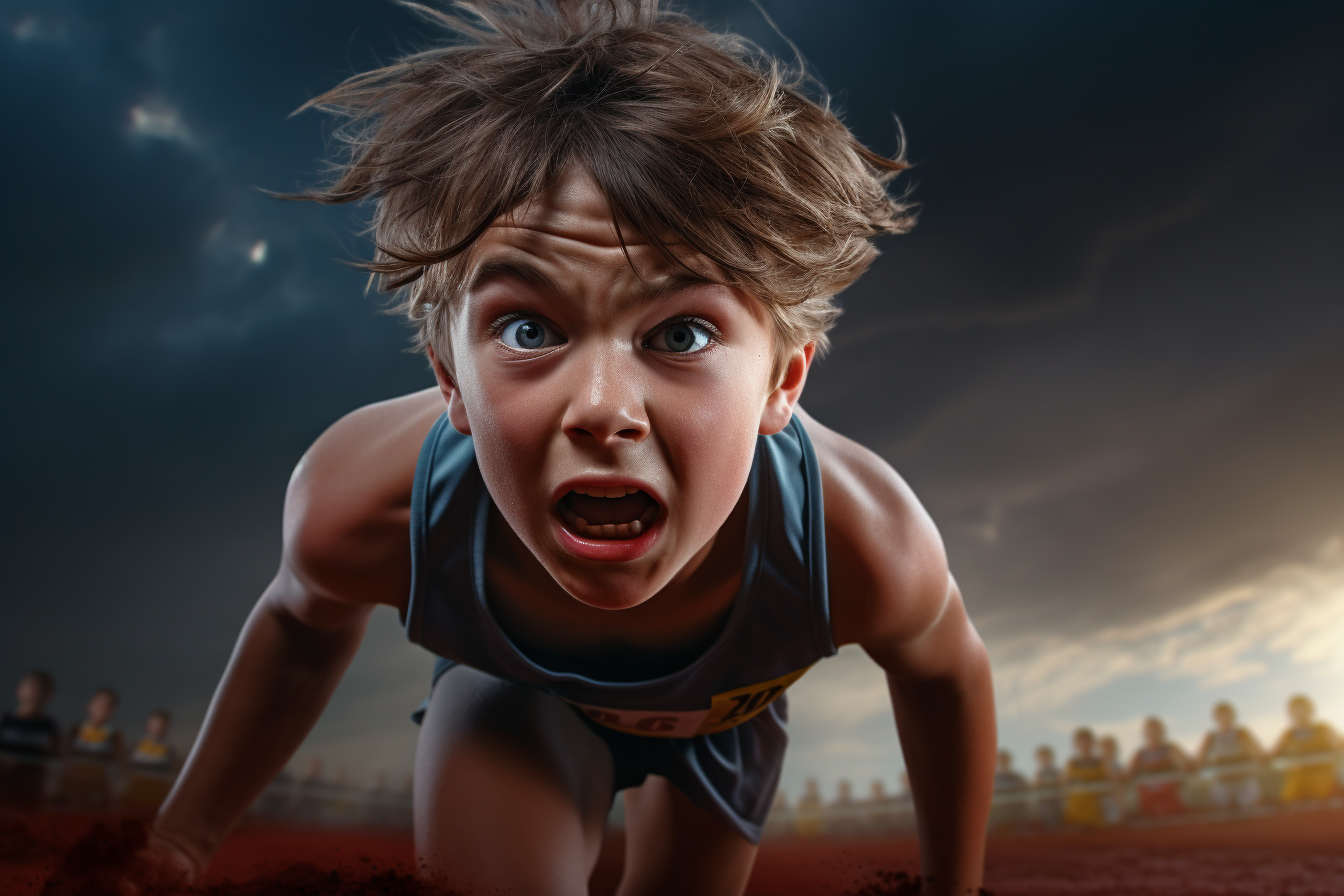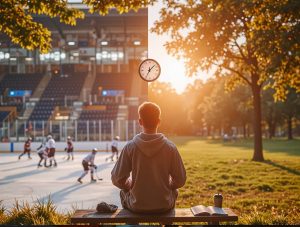Do not let what you cannot do interfere with what you can do. -John Wooden
As a certified COR.E Performance Dynamics Specialist, I understand the immense pressure athletes face, from youngsters in community leagues to professionals on the world stage. One common obstacle across all levels of sport is performance anxiety – a debilitating worry about achieving desired results that can hinder an athlete’s ability to perform at their best.
Performance anxiety manifests itself in several ways, including nervousness, self-doubt, fear of failure, or a debilitating focus on outcomes. These feelings can increase stress levels, decrease concentration, and undermine an athlete’s performance.
In my work, I employ the principles of COR.E Performance Dynamics to help athletes understand and overcome performance anxiety. This multidimensional approach views athletes as whole individuals, with interconnected physical, emotional, mental, and spiritual aspects, all of which affect their performance.
Understanding Performance Anxiety
Understanding performance anxiety is the first step in addressing it. In sports, it often stems from a fear of failure, high expectations from self or others, or the significance of a particular event. It is essential to recognize these symptoms and to understand that they are normal responses to stress.
Mindfulness and Self-Acceptance
Mindfulness involves being fully present in the moment, without judgment. Athletes can practice mindfulness through simple meditation exercises, like focusing on their breath or noticing the sensations in their bodies during a performance. This helps to quiet the mind, thus reducing anxiety and improving focus.
Self-acceptance is an essential part of this process. Athletes must accept that they are human and that it is okay to feel nervous or anxious. This acceptance can alleviate some of the pressure and make the experience less intimidating.
Techniques to Manage Anxiety
One technique that proves successful in managing performance anxiety is visualization. Athletes can envision themselves executing their tasks perfectly, which can help build confidence and reduce anxiety.
Deep, controlled breathing is another excellent tool. It helps calm the nervous system, reduce tension, and bring focus back to the task at hand.
Fostering a Growth Mindset
Promoting a growth mindset, which values effort and learning over results, can also help. Instead of dwelling on fears of failure, athletes can focus on what they can control: their effort, their attitude, and their response to challenges. By shifting their focus from outcomes to process, athletes can reduce performance anxiety and find more enjoyment in their sport.
Creating a Supportive Environment
Coaches, parents, and teammates can create an environment that reduces performance anxiety. This involves promoting a positive, respectful atmosphere that values effort and personal growth above winning. By fostering such an environment, we can help athletes of all ages to enjoy their sports, develop their skills, and reach their full potential.
Remember, performance anxiety is a common part of sports. It is not a sign of weakness, but an opportunity for growth. With understanding, mindfulness, self- acceptance, the right tools, and a supportive environment, athletes can learn to manage performance anxiety and perform at their best.
If you or your athlete struggle with performance anxiety, consider seeking the assistance of a professional who specializes in sports performance, such as a COR.E Performance Dynamics Specialist. We are here to help athletes perform at their highest level while also enjoying the journey.





